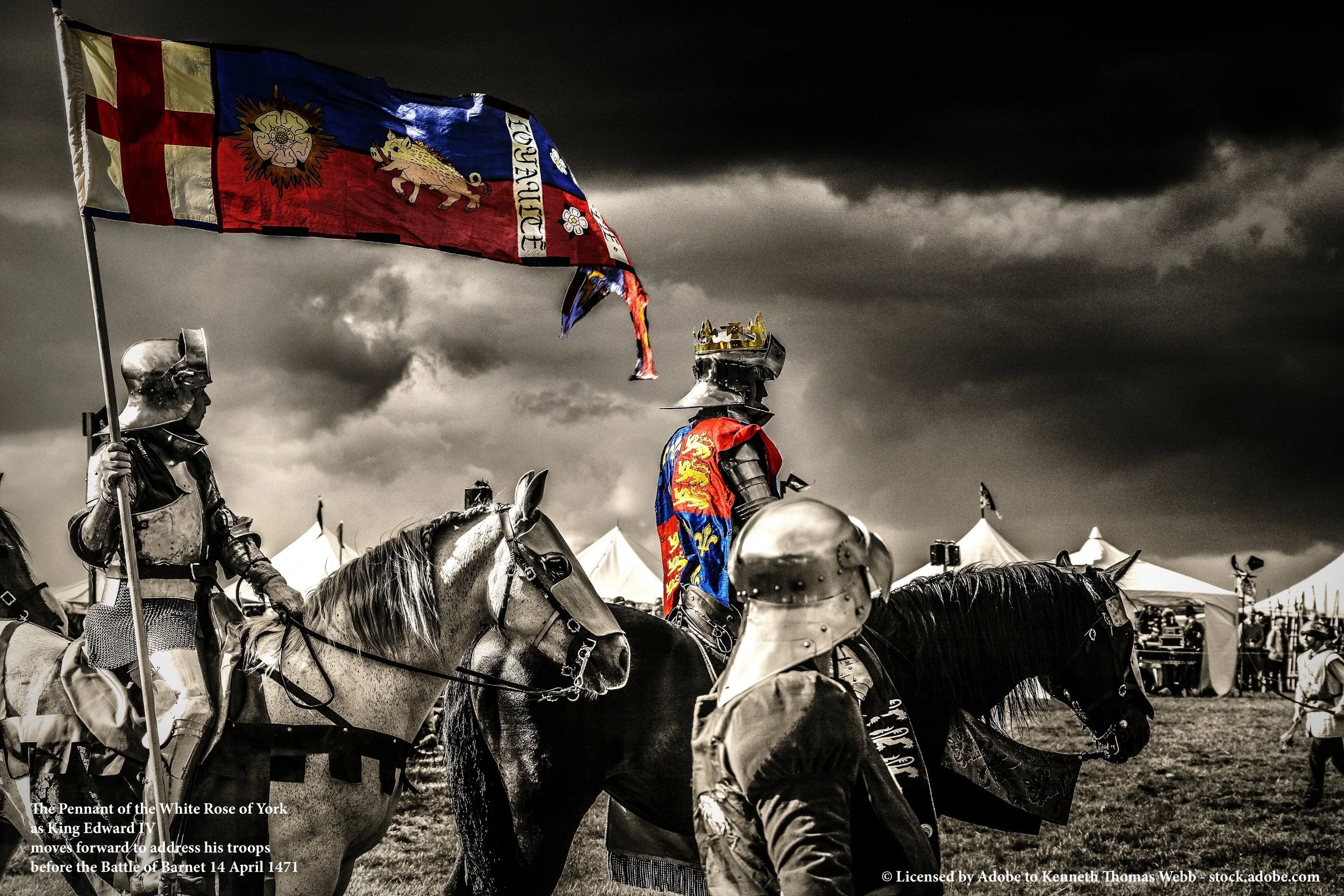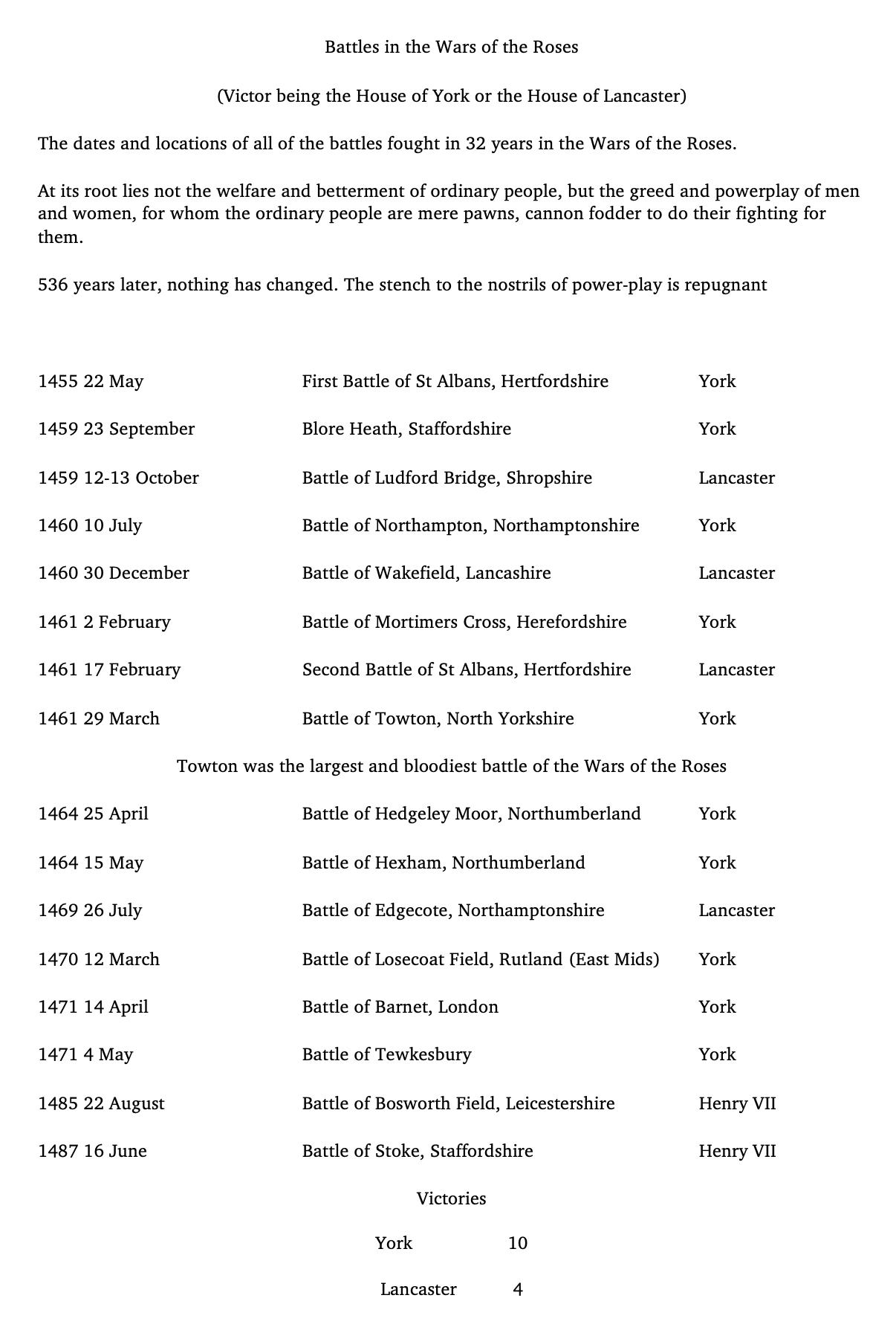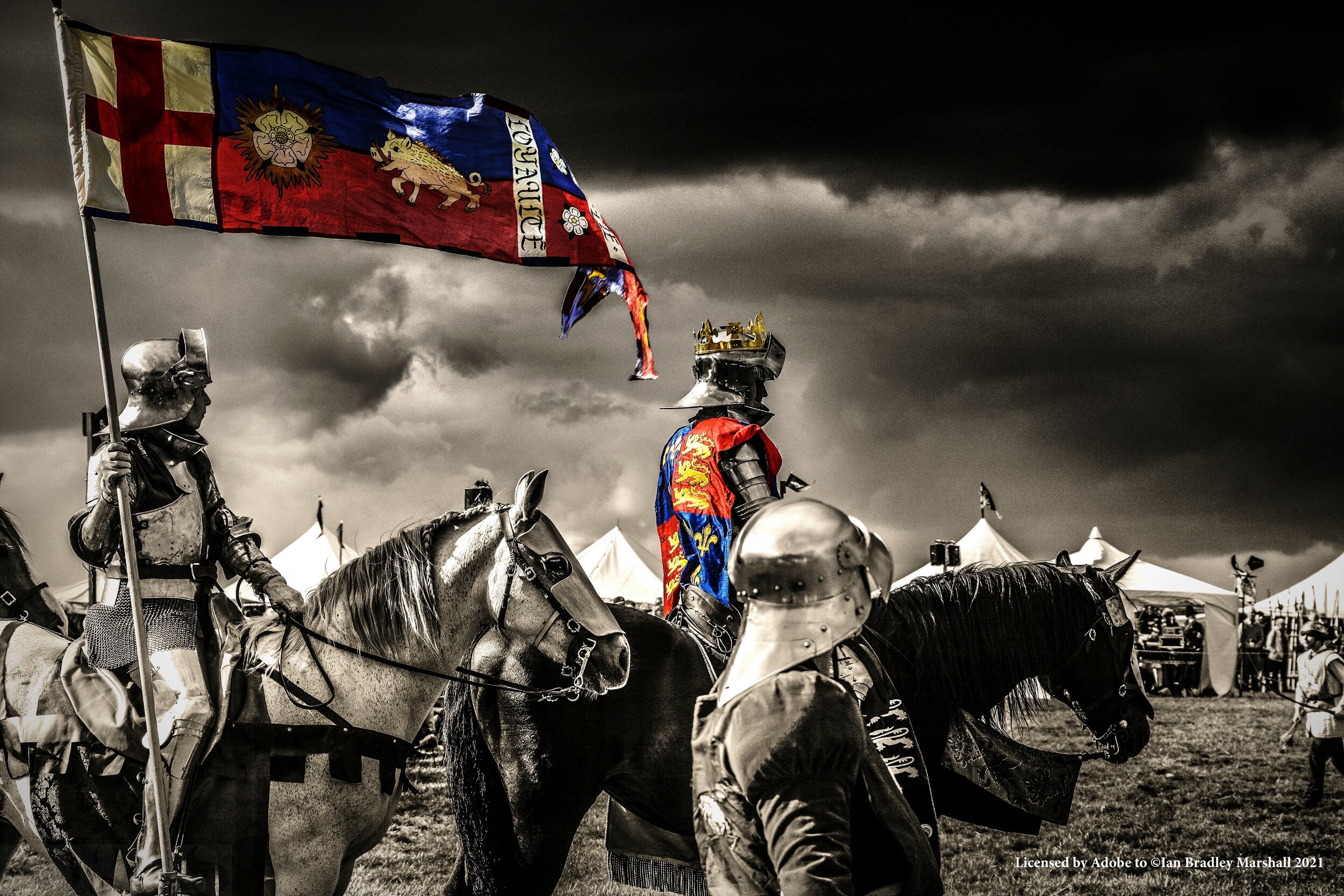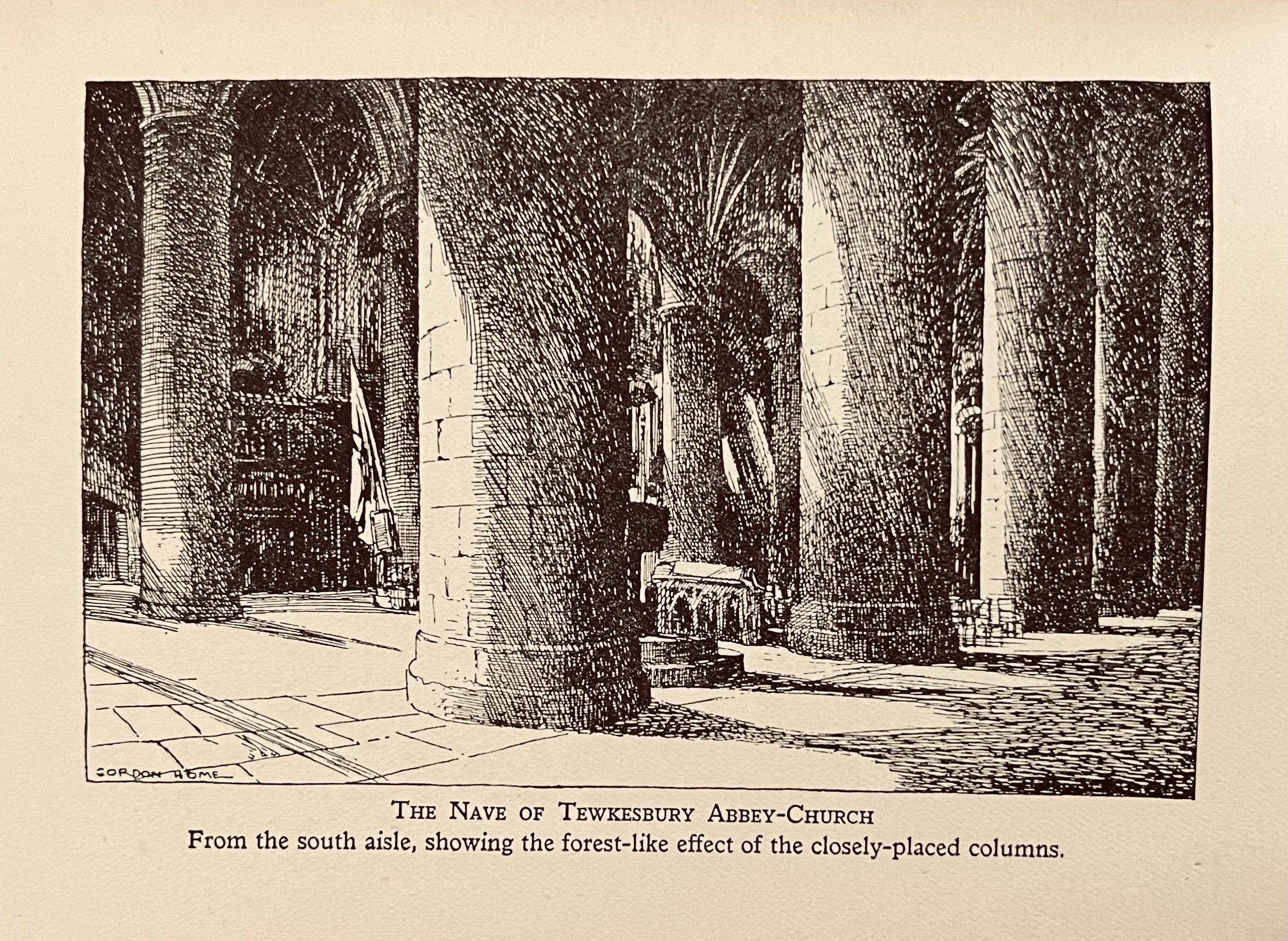The Wars of the Roses 1455~1487
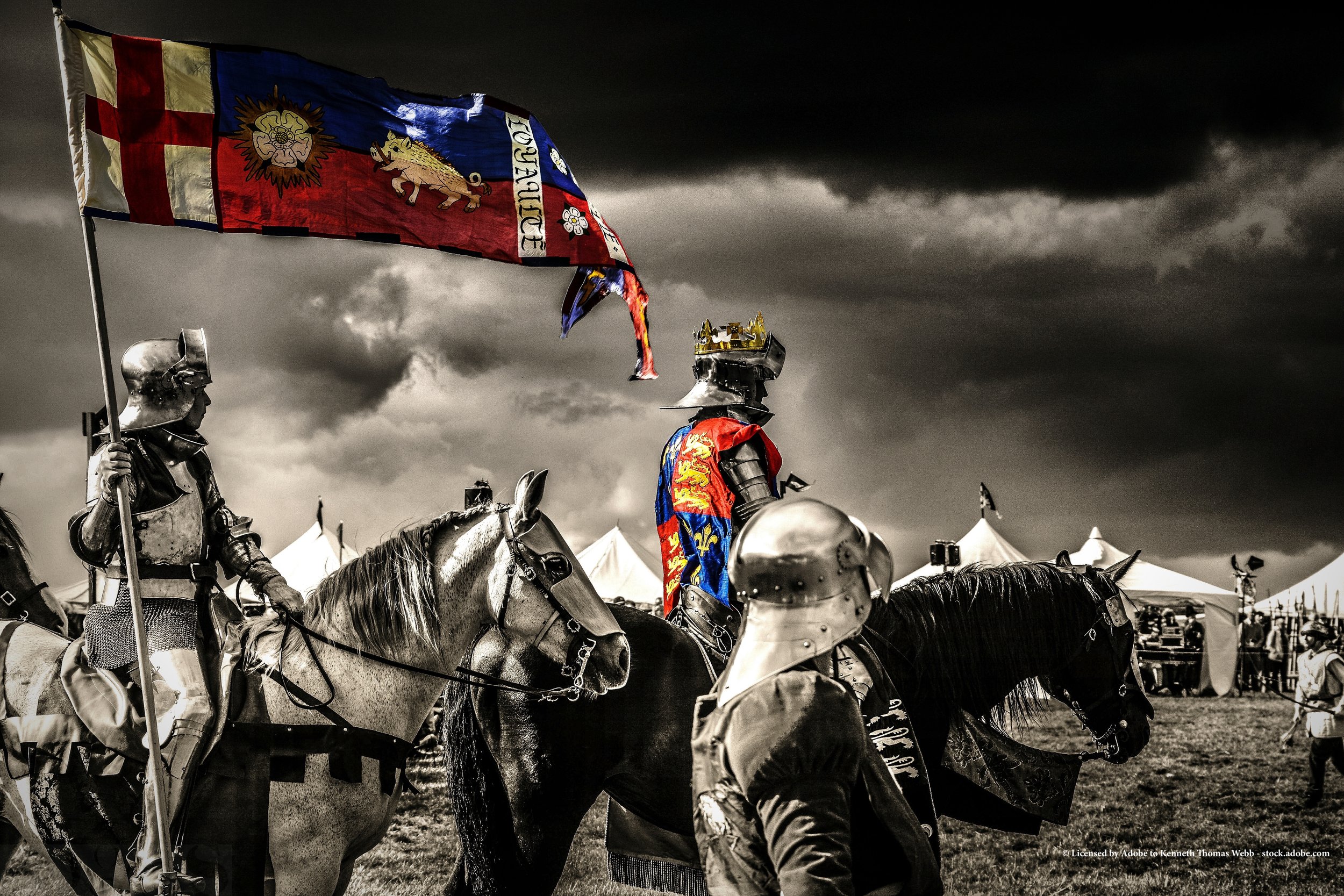
The Wars of the Roses
1455 - 1487
Introduction
When I penned Tewkesbury Abbey in 2016, I had not planned to do so. I knew of the Battle of Tewkesbury in 1471; I was very aware of the beautiful tree in the Abbey grounds planted in 1588, the same year the Spanish Armada failed to invade. I had read that the Abbey was not the sanctuary one had hoped it might be for those fleeing the Battle less than a mile away.
As the 4 May 2023 approached, I had it in mind to rewrite Tewkesbury Abbey. However, I was aware of an even darker day within the precincts on 4 May 1471. At that point, I found myself undertaking an essential appointment with history. At school, we were taught about the Wars of the Roses, the English Civil War, the Napoleonic Wars, the two world wars, and all the wars in between so that the timeline of history rushed by. At age thirteen, few grasp their first cognitive decade in life. I certainly didn’t. I knew that life would go on forever, that somehow, I’d neatly sidestep the scythe, and so on.
Our internet, social media age often leads us astray. We lose sight of things, we lose interest in things that matter, because the internet and social media gives us a misguided view of ourselves. If I do not know my history then I am unaware of the lives and constant sacrifices made by my ancestors that, combined, has given me their descendant my place on the planet today. Multiply that by today’s adult population of the United Kingdom (I’m using the worldoemeter for 20 May 2023) of 68,909,935, then these islands, at the arrival of the twenty-second century just a short yawn of 78 years from now, will be vastly different and not what even Gen Z would wish for.
Ignore history at our peril.
Research is vital. We learn from past mistakes. The irony is that research has become so easily accessible because of the Internet, we still adopt a Luddite approach. Yet threaten adults and juveniles alike to remove access to their games and war games, and one would think one was threatening to tear out the heart physically.
Somehow, at school, I had not cottoned onto the fact that the Wars of the Roses spanned 32 years. Part of this might be to do with the fact that I could barely comprehend the Second World War that had lasted for six years and which, even twenty years later, still played itself out daily in the lives of my parents and grandparents, uncles, and aunts.
Initially, the more I read, the more I became confused. I have a confession to make. I tire quickly of authors who assume that the person they are talking about is the person I will realize they are talking about. Am I not paying attention? Yes, I am. But in one sentence, you have mentioned Henry three times. Why would Henry do that to himself? And that? And this?
Oh! I see!! You mean Henry VI, his father, Henry V, and his grandfather Henry IV.
And that was just for starters! That author’s book is quite a good read. But spade work is required. And for me, this came as a list of battles. Here, I decided, will be by the neat underpinning of the thirty-two years of the Wars between two Houses, two of Britain’s most beautiful counties, Lancashire and Yorkshire, between the illustrious cities of Lancaster and York.
Something else happened, too. I needed one of the definitive works, and I quickly found this in the well-trusted Folio Society in the superb Work simply titled The Wars of the Roses by Desmond Seward. Call me stuck-up if you like. But there is good English, and then there is high English, which used to be called the Queen’s English, now the King’s. It is not the first time I have had to use the vernacular in court to be quietly and politely thanked with a cautionary note. Yes, thank you, Mr Webb. That is most kind. But let us return to the Queen’s English soonest please! Beautiful memories of a long gone world that really actually existed, and functioned well.
I am not setting dates or deadlines. Instead, I research entirely for my enjoyment and learning. This means I widen my perspective, and I can do this only through research in all subjects.
The White Rose of York
The Personal Standard of King Edward IV
The House of York
The Personal Standard of King Richard III
The last King of England to die on the battlefield. The last Yorkist King.
23 May 2023
All Rights Reserved
© 2023 Kenneth Thomas Webb
Ken Webb is a writer and proofreader. His website, kennwebb.com, showcases his work as a writer, blogger and podcaster, resting on his successive careers as a police officer, progressing to a junior lawyer in succession and trusts as a Fellow of the Institute of Legal Executives, a retired officer with the Royal Air Force Volunteer Reserve, and latterly, for three years, the owner and editor of two lifestyle magazines in Liverpool.
He also just handed over a successful two year chairmanship in Gloucestershire with Cheltenham Regency Probus.
Pandemic aside, he spends his time equally between his city, Liverpool, and the county of his birth, Gloucestershire.
In this fast-paced present age, proof-reading is essential. And this skill also occasionally leads to copy-editing writers’ manuscripts for submission to publishers and also student and post graduate dissertations.

